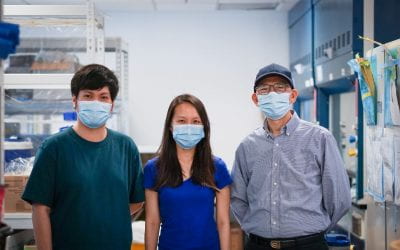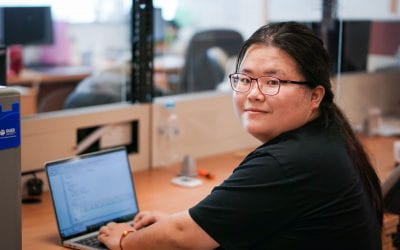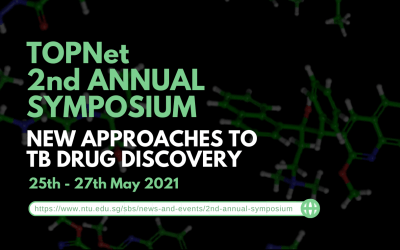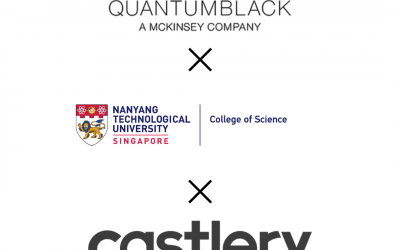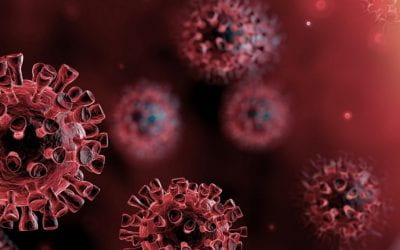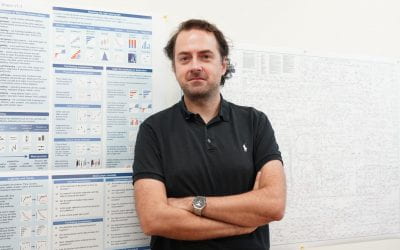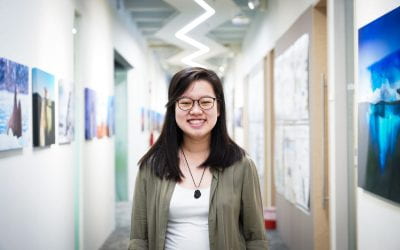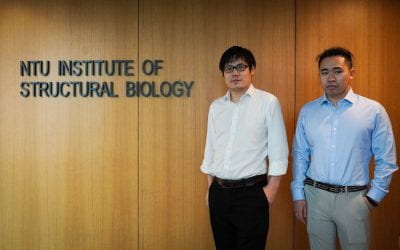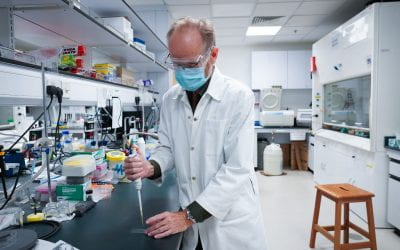Scientists in Nanyang Technological University (NTU Singapore) led by Professor James P Tam, have discovered a first-in-class, plant-derived epidermal growth factor (EGF) and an ultrastable analog for healing of chronic wounds, an unmet problem in treatment of diabetic wounds. This is the first EGF receptor agonist that is structurally different from all previous EGFs and first such growth factor found in plants – the rose cactus, used widely in Southeast Asia. Since aberrant regulation of EGF or its receptor is associated with certain type of cancers, their findings also open new avenues to develop targeted therapies for cancer.
Congrats to Kong Weijia, taking 1st place in Singapore in the Code Jam to I/O for Women!
Kong Weijia, a PhD student in the NTU School of Biological Sciences, finished 1st in Singapore and 12th worldwide (out of more than 6600 participants) in the Code Jam to I/O for Women, a coding competition organised by Google. Science@NTU caught up with Weijia to find out more about her experience with Code Jam, and her aspirations as a woman in science.
TOPNet 2nd Annual Symposium – New Approaches to TB Drug Discovery 25 – 27 May 2021
Tuberculosis (TB) continues to be one of the most serious infectious diseases in the world, accounting for 1.7 million deaths in 2019. Approximately a quarter of the world’s population is infected with the pathogen Mycobacterium tuberculosis in latent form. TB is of...
The Best of Both Worlds: BSc in Chemistry and Biological Chemistry with Second Major in Business (International Trading)
The Best of Both Worlds: BSc in Chemistry and Biological Chemistry with Second Major in Business (International Trading) Launching in August 2021, this selective programme, hosted in NTU School of Physical and Mathematical Sciences, is offered in partnership with...
Experiential Learning Using Real-World Data: Quantum Black X CoS X Castlery
NTU College of Science (CoS) has recently established a partnership with Quantum Black, a McKinsey company. They specialize in analytics and will provide case study mentorship for some of our CoS students. For a start, Quantum Black and CoS co-designed a case study-centric course for the School of Biological Sciences (SBS) MSc in Biomedical Data Science programme. CoS will work towards expanding this partnership so that more of our students will benefit in the future.
Balancing Economic and Public Health in a Pandemic
As COVID-19 spreads across the world, Assistant Professor Pun Chi Seng investigates an efficient social distancing policy (ESDP) with the use of stochastic epidemic modeling and deep learning algorithms, in which this methodology could be used for future unexpected pandemics.
Approaching New Frontiers in Fungi Research
Working under Assistant Professor Marek Mutwil, a group of twenty-three SBS students from the module BS1009 have built and launched www.fungi.guru, a new informational resource for studying fungi.
Meet Kow Zi Shan, CoS Science Communications Trainee
In this interview, we speak to Kow Zi Shan, a former science communications #SGUnited Trainee with the College of Science and alumna of the Asian School of the Environment. Now embarking on a new journey as a Transmedia Science Writer with the Singapore Science Centre, she recounts her experience during her short but meaningful time as part of the communications team in CoS.
Unravelling Uromodulin: On the helical reconstruction of proteins
As part of a team of researchers, Assistant Professor Wu Bin and PhD student Xu Chenrui of the School of Biological Sciences and the Institute of Structural Biology, have made a landmark discovery, mapping the three-dimensional atomic structure of the protein uromodulin for the first time.
Swallow the Surgeon! Creating Pollen-Based Microrobots
A group of researchers led by Associate Professor Richard Webster have created a microrobot made entirely out of pollen.

